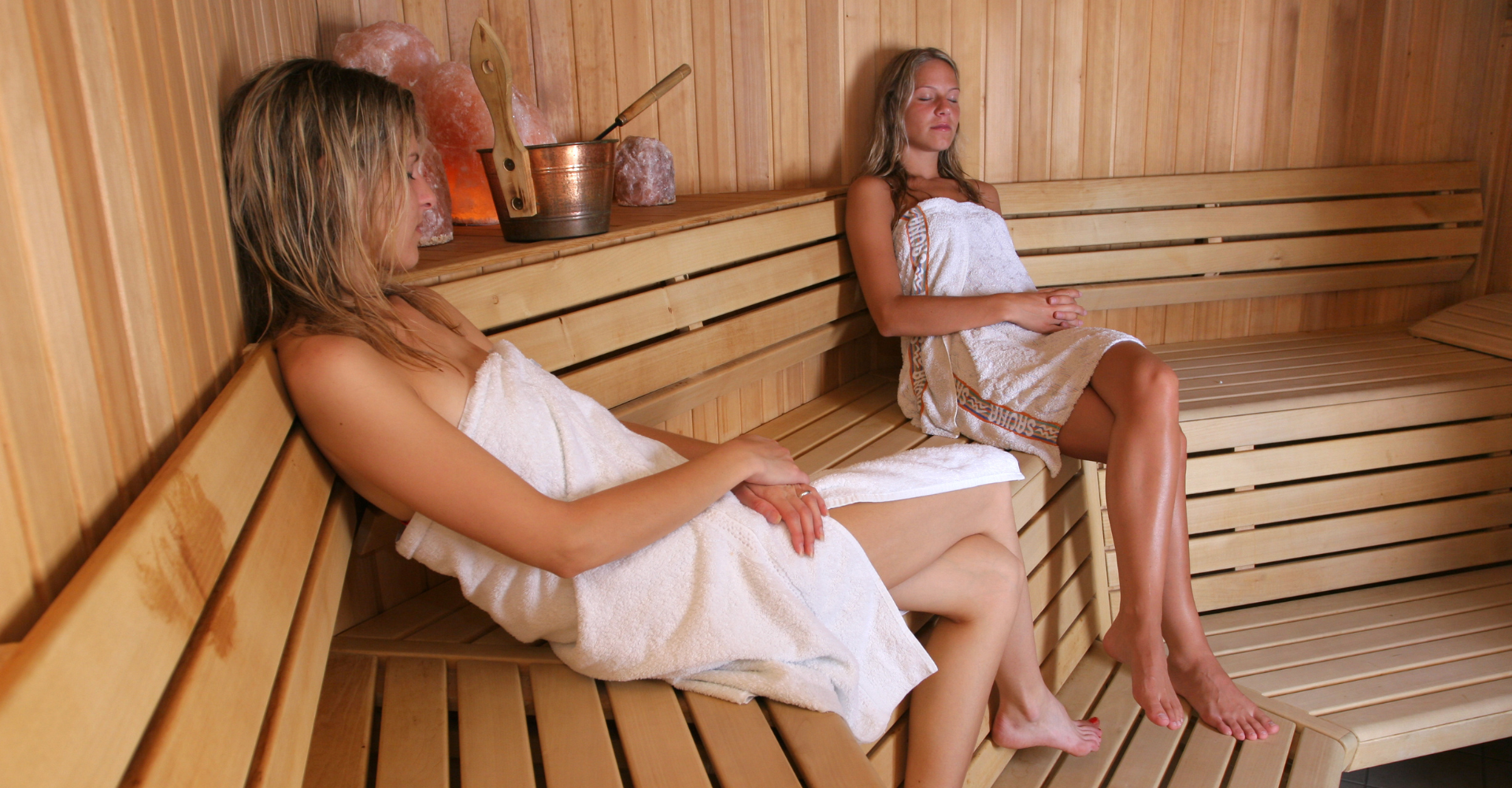Mental health disorders are epidemic in the United States, with over half the population being diagnosed with a mental health disorder at some point in their lives, and one in five Americans experiencing a mental health disorder in any given year. Therefore, more and more of us are looking for ways to improve our mental health. Using a sauna regularly is one of them. Let’s learn how sauna bathing can positively impact your mental and overall health.
What is Thermotherapy?
Thermotherapy, also known as heat therapy, has been utilized as a healing modality for thousands of years and is a fundamental element in traditional medicine practices across many different cultures. Thermotherapy encompasses a wide range of techniques that deliver heat to tissues, each with its own unique characteristics and applications. Using a sauna, including an infrared sauna is one way to experience heat therapy; soaking in a hot tub or taking a hot bath or shower can also create a similar therapeutic effect.
Exposure to heat, whether it’s running outside on a hot day or sitting in a sauna causes stress to your body, which triggers a thermoregulatory response. Your preoptic hypothalamus (POA) circuit and skin senses heat and activates neurons in your POA circuit which in turn activates mechanisms in your autonomic nervous system including: increased heart rate, vasodilatation (blood flow), and plasma and stroke volume (the volume of blood that’s mobilized with each heartbeat). These intentional stressful situations cause damage to your cells, but luckily your body has a positive response to that stressor.
Heat shock proteins (HSPs) are a protective mechanism in your brain and body designed to rescue proteins from detrimental changes produced when your body experiences stressful situations like: exercise, calorie restriction, injuries or heat/cold stress. They repair misfolded or damaged proteins which allows them to continue functioning and helps your body conserve resources. An increase in HSPs generates a number of positive effects on a biological level, so as long as the stressor is done in a controlled and safe manner, your body will respond with resilience.
Elevating Your Mood with a Sauna
Understanding how our moods work is complex, but simply put, our brains have intricate neurological circuits that affect and balance our moods, which are affected by certain stimuli and stressors. Studies have shown that regular sauna use lowers levels of cortisol, your body’s main stress hormone. In one study, researchers found using a sauna can reduce anxiety, and other research shows that sweating increases relaxation, and reduces feelings of frustration and anxiety. Sitting in a sauna also allows for time and space to quiet your mind and relax, helping to soothe anxiety and stabilize your mood. It can also help you sleep better.
Endorphins are released when different types of stressors are triggered within your body. This short term, acute stress activates your endorphin system, including the release of dynorphins, which accounts for the initial discomfort you feel, but when you stay in a safely triggered environment, eventually the “feel good” hormones, endorphins are released which elevates your mood and can reduce feelings of depression and decrease pain. In short, a little bit of controlled discomfort can lead to increased joy in your mood and overall experience.
Norepinephrine, also called noradrenaline, is a hormone and neurotransmitter in your brain that can help with focus and attention. Studies have found that sauna use increases norepinephrine levels. Heat stress also increases prolactin, a hormone that promotes the production of myelin, which is a fatty, white substance that wraps around the end of many nerve cells and allows your brain to send information faster and more efficiently.
Using a sauna for heat therapy has been shown to create improvements to your cardiovascular and mental health via multiple aspects of both brain and body health. Despite these potential benefits, it’s essential to note that saunas may not be suitable for everyone, so be sure to consult a healthcare professional before using a sauna.
Science aside, saunas are a great way to relax and enjoy some self-care. We’re happy to answer questions, and provide more information about different types of saunas and how to install one in your home. Give us a call at 970-879-4390 or contact us.


